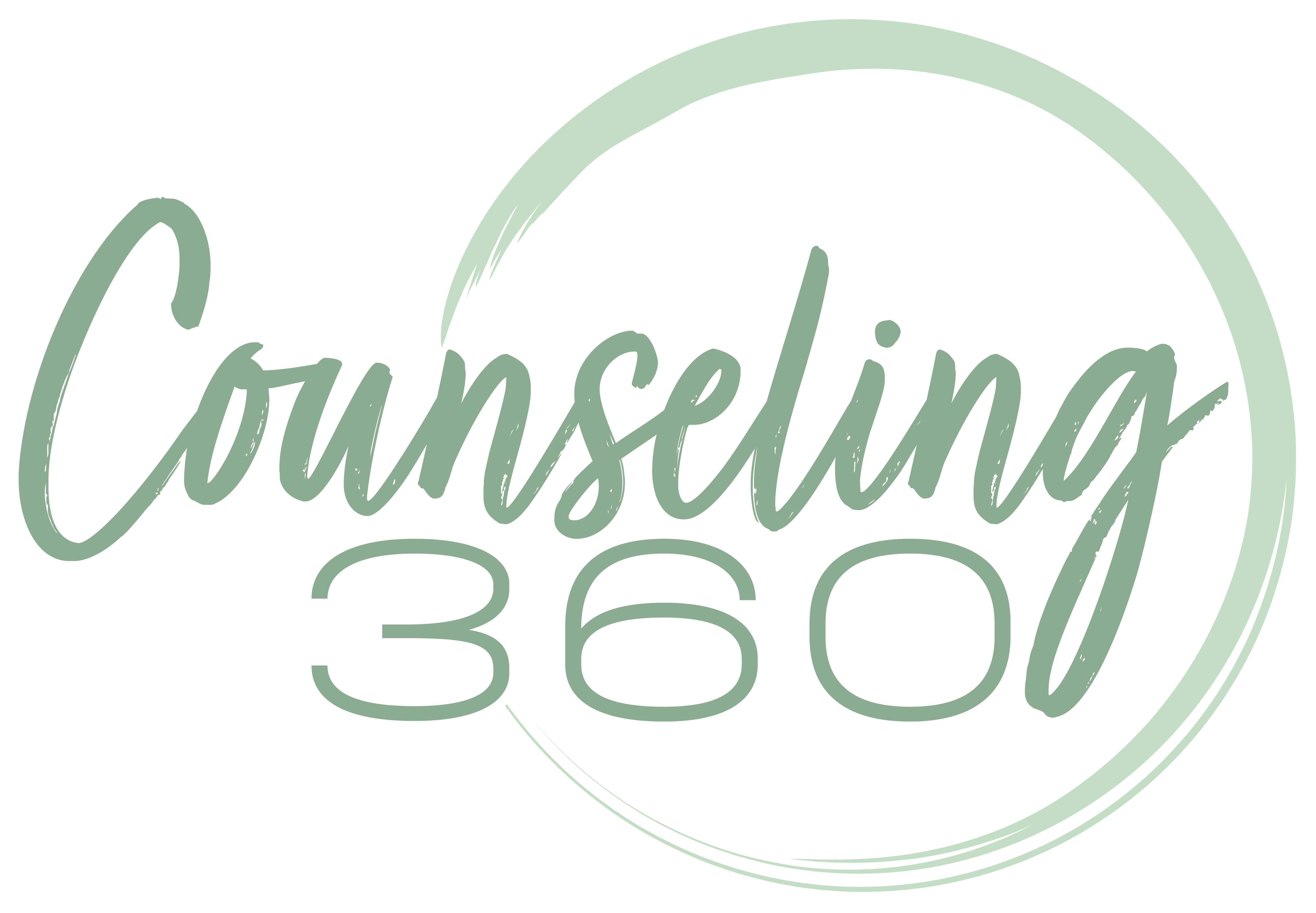Cognitive Behavioral Therapy (CBT)
CBT uses structured talk therapy for mental health treatment and is appropriate for multiple conditions and age groups.
Cognitive Behavioral Therapy (CBT) is a structured, goal-oriented talk therapy used to treat mental health and emotional concerns. It’s one of the most common and best-studied therapy types. In CBT sessions, we help you identify and challenge negative thought patterns and unhelpful behaviors, teaching you coping strategies and healthier habits. This evidence-based treatment approach typically lasts a few weeks or months, with your therapist as a collaborative guide.
In short, CBT focuses on the “here and now” – you work on current problems with clear goals and homework exercises.
Conditions Treated
Anxiety disorders, depression, PTSD, OCD and phobias, ADHD, eating disorders, and addictions are commonly addressed with CBT. It’s also used for non-psychiatric issues like insomnia or chronic pain.
Who Benefits
People of all ages (children, teens, adults) can use CBT, especially those who prefer a structured, problem-solving style. CBT is ideal for clients looking for practical tools and active homework to change thinking and behavior.
How It Works
We coach you to spot “automatic” negative thoughts and reframe them. You might practice new coping skills or face small challenges (like graded exposure to fears). Over time, you learn to replace anxious or depressed thoughts with more balanced ones.
Format - What to Expect
CBT is typically short-term (often 5–20 sessions), with each session focused on concrete problems and solutions. Because it’s so well-researched and practical, many clients feel empowered seeing small improvements quickly.
How is DBT different from CBT?
Dialectical Behavior Therapy (DBT) is a more specialized form of cognitive-behavioral treatment originally developed for people who experience intense emotions, chronic relationship conflict, or difficulty with impulse control. While CBT focuses on changing unhelpful thoughts and behaviors, DBT blends acceptance-based strategies with change-oriented skills. DBT emphasizes four core skill areas: mindfulness, distress tolerance, emotion regulation, and interpersonal effectiveness. These help clients stay grounded, manage overwhelming feelings, and build healthier relationships.
